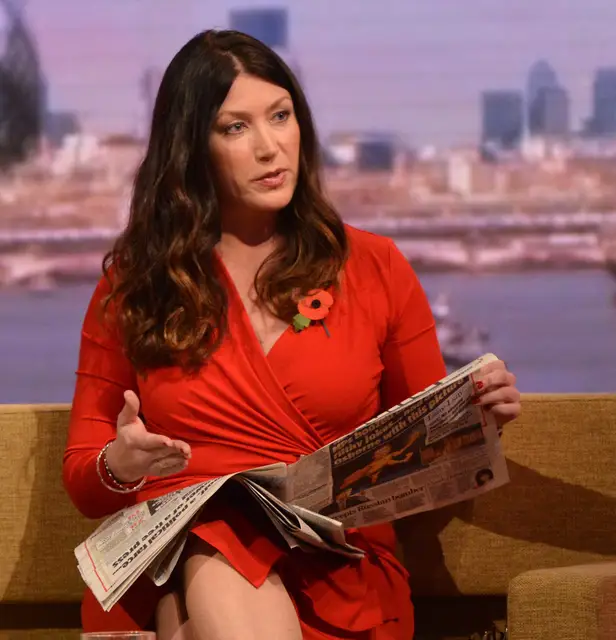By Gabriel Princewill-
Sun editor, Victoria Newton told Mps today that the publication is responsible organisation with strict editorial and legal frameworks, as it stands by its reporting on Huw Edwards, adding that it continues to investigate the former employee Dan Wootton.
MPs on the Culture, Media and Sport Committee, chaired by Dame Caroline Dinenage, wrote to Newton on Monday, demanding answers from the newspaper over public confidence in its editorial standards.
The Sun was equally under much scrutiny following its publication of Jeremy Clarkson’s controversial article about Meghan Markle in January, about which Newton apologised on behalf of her publication , stating that she acknowledged that ”with freedom of expression comes responsibility”.
The Sun’s story about Huw Edward raised further issues of editorial standards, but the publication’s stance on this occasion appears to have been defensible, notwithstanding the criticisms levied against it by some critics.
Newton said the Edwards story “was the subject of significant scrutiny pre-publication” and that the newspaper has corroborative “documentary evidence”, interviews with multiple primary witnesses and affidavits, and had sought comment from the BBC and the presenter.
Newton, a fashionable lady with a wealth of journalistic experience spanning many years, told MPs the Sun was a “responsible media organisation which has strict editorial and legal frameworks” to ensure accuracy in its reporting, while also taking allegations about internal misconduct very seriously”.
She was responding to scrutiny over her paper’s report earlier this month that an anonymous BBC newsreader, later identified as Edwards by his wife, had paid a 17-year-old £35,000 for explicit images. Up until now, that assertion has not been refuted by anybody, besides the unnamed 20 year old, who in principle has a vested interested to cover up the facts.
Newton rightly argued that the Edwards story was clearly in the public interest, as it involved parents seeking help on behalf of a “vulnerable young person with an addiction to crack cocaine” who was allegedly receiving tens of thousands of pounds from one of the BBC’s best-known presenters.
Caroline Dinenage, the chair of the culture select committee, wrote to Newton requesting comment on concerns about the Sun’s reporting of the Edwards story. Dinenage made reference to alleged “inaccuracies, changing narratives and lack of engagement with some of the parties involved”.
However, Newton pushed back with rebuttals, arguing: “The questions raised about our reporting have come in particular from the BBC itself as well as a small group of anti-press campaigners who have sought to misrepresent our reporting or use selective extracts.
The vulnerability and drug addiction of the young person is also frequently omitted. We have sought to correct the reporting or commenting of opinion formers along the way.”
The Sun’s editor said the decision to publish the original story followed lengthy discussions “around the privacy and public interest justifications” involving in-house lawyers and an external barrister, adding that the account of the parents was backed up with “corroborative evidence” she was not prepared to disclose to MPs.
Asked to provide MPs with details of an internal investigation into claims that Wootton, a former Sun journalist, used the pseudonym Martin Branning to offer tens of thousands of pounds to colleagues in return for explicit images.
Dinenage said: “We would be grateful if you could set out what investigations are taking place into this matter. I’m sure you will recognise how important it is for the public to have confidence in a newspaper’s editorial standards, not only on this particular case but across all its reporting.”
Newton confirmed the external law firm Kingsley Napley had been hired to advise on the investigation. She said: “On Mr Wootton we are investigating relevant matters raised by reports by Byline Times and the Guardian last week We take these allegations seriously but we are in no position to comment further and indeed we make no commitment to make any further comment depending on the outcome of our investigation.”
It will be interesting to discover what emerges from the entirety of the investigations, given the high importance of not just quality editorial standards in journalism, but also integrity and accountability.
The quality of journalism has suffered a few set backs of late, though the profession has in the past few years produced one of the fewest instances of misconduct or alleged misconduct among the broad spectrum of professions in the UK.
Doing far worse has been the police, the legal profession, social workers, and the medical profession, all of which have produced more convicts and individuals proven to have committed misconduct.




